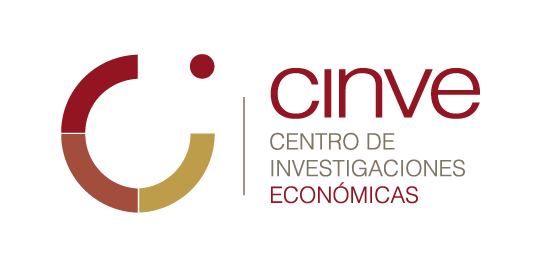The rational expectations hypothesis has represented a key methodological advance in the study of economic problems in which agents must predict unknown variables. Although the hypothesis of conformation of expectations does not alter the long-term effects of monetary policy, the assumption of adaptive or rational expectations generates short-term adjustment processes in the face of notoriously differentiated monetary shocks.
The assumption of rational expectations has proven to be extremely powerful in the past and has provided a useful framework for thinking about credibility and institutional design issues. However, the traditional application of rational expectations models also involves numerous limitations that have been pointed out by recent research on the subject, which explore several ways to improve it.
This work aims to provide evidence on how inflationary expectations are formed and to what extent people learn from their experience. In other words, what is the relationship between the standard assumptions of economic theory and the formation of expectations in practice.
Specifically, based on the application of a set of statistical tests proposed by Ash, Easaw, Heravi and Smyth (2001), the rationality of the inflation forecasts of the Selective Survey of Expectations that relieves analysts and institutions is investigated. Central Bank of Uruguay. The evidence collected allows us to conclude that these inflation expectations appear to be “weakly rational” when they refer to medium-term horizons, and that analysts do not seem to take advantage of all available information in these forecasts. Inflationary expectations at one month do seem to fit what the traditional theory of rational expectations postulates.
